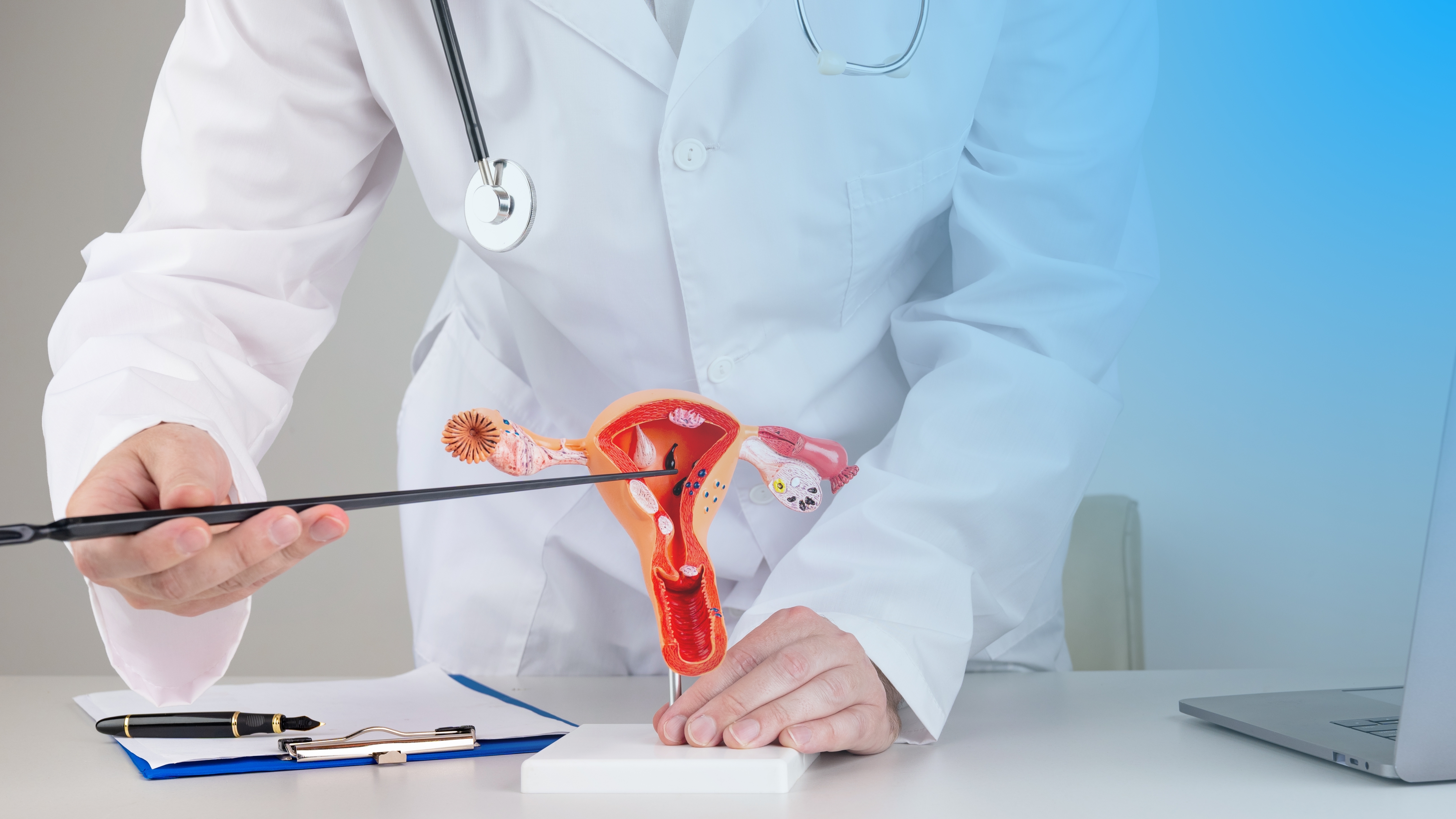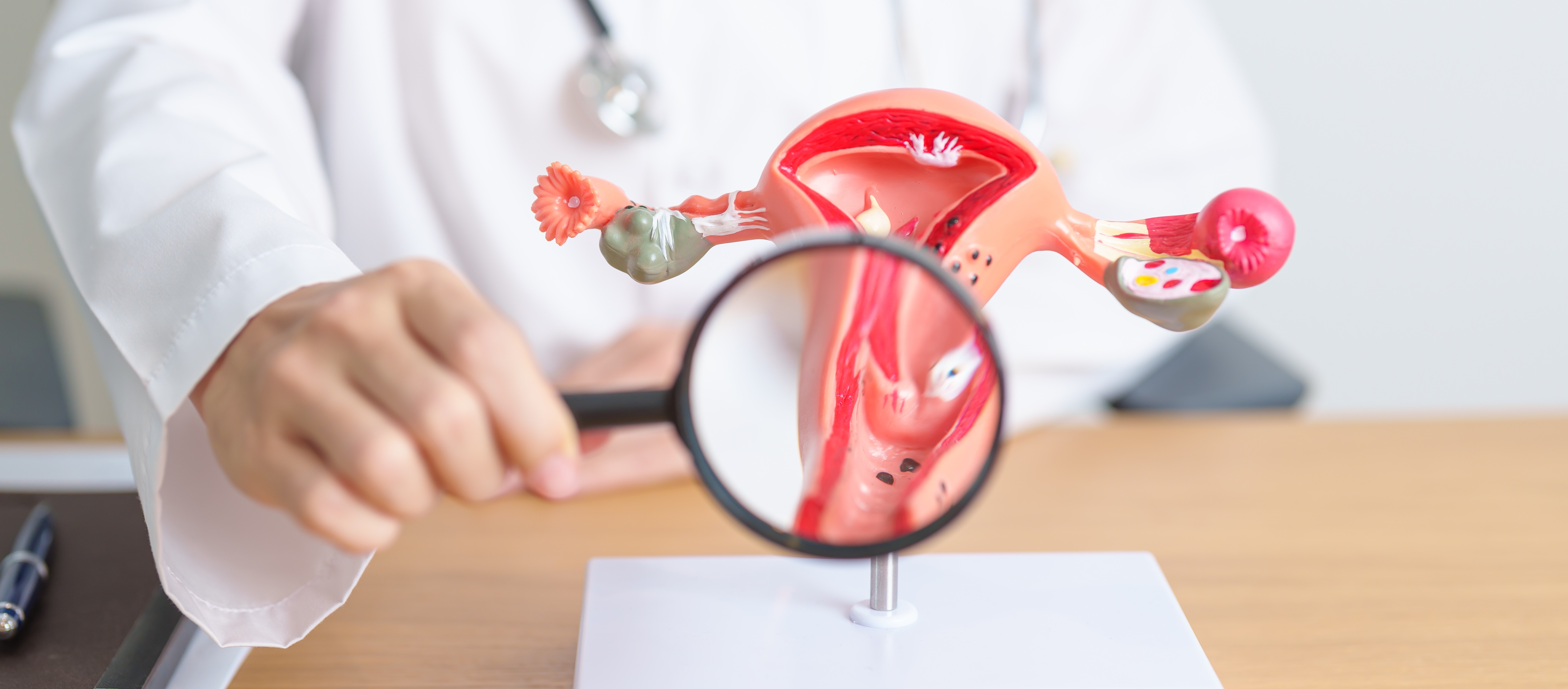Hernia - Symptoms, Causes, Home Remedies, Treatment & More
Written By: Dr. Geetha Karbeet R. Pai
Updated On:December 21, 2023

What is a Hernia?
Hernias occur when part of the body pushes through a weakness in the muscle or surrounding tissue wall, usually in the abdomen, belly button & groin area. In most cases, they cause very few hernia symptoms, although you may notice a swelling or lump in the stomach area (abdomen) or groin with dragging pain. Hernia lumps may be pushed back in, or disappear when lying down.
Types of Hernia
Hernia come in many different forms, the most common types of hernia include:
- Inguinal Hernia: The most common type of hernia, mainly affecting men. Inguinal hernias are associated with old age & repeated abdominal strain. Inguinal hernias involve fatty tissue or part of the bowel bulging through into the groin at the top of the inner thigh.
- Hiatus Hernia: These hernias occur when part of your stomach moves up into your chest. Most commonly found in those over 50, hiatus hernias don’t normally need treatment - if they’re not causing problems.
- Umbilical Hernia: These hernias appear when fatty tissue or part of the bowel bulges through the stomach near the navel.This type of hernia occurs in babies when the stomach opening that the umbilical cord passes through does not seal properly after birth. In adults, umbilical hernias are more common in ladies with multiple pregnancies & also can occur because of repeated abdominal strain
- Femoral hernia: A femoral hernia is uncommon. It's estimated around 1 in every 20 groin hernias are femoral hernias, & the rest are inguinal hernias.
Femoral hernias tend to affect more women than men, &, like inguinal hernias, are a result of fatty tissue or part of the bowel pushing through into the groin at the top of the inner thigh. Femoral hernias are also old age-related & can be caused by repeated abdominal strain.
Other types of Hernia
- Incisional Hernias: Where the inner cavity organs bulge through a weakness or separation in the previous abdominal surgical wound
- Epigastric Hernias: Tissue bulges through the abdominal wall, between the navel & lower breastbone
- Spigelian Hernias: Where a part of the bowel pushes through the abdomen at the side of the abdominal muscle, below the navel
- Diaphragmatic Hernias: Where abdominal organs push into the chest via a diaphragm opening
- Muscle Hernias: Muscle weakness or divarication of abdominal wall muscles causes the herniation of abdominal organs through the abdomen; can also occur in leg muscles as a result of sports injuries
Causes of Hernia
There are many causes of hernia, especially as we age & our muscles naturally weaken. Hernias are caused because of weakening muscle & repeated strain. Depending on the cause, a hernia may develop rapidly, or gradually over a long period of time.
Common causes of Hernia include:
- Congenital conditions
- Aging
- Injury or surgical damage
- Chronic coughing or chronic obstructive pulmonary disorder (COPD)
- Exercising strenuously
- Lifting heavyweights
- Pregnancy, especially multiple pregnancies
- Constipation, which causes you to strain
- Being overweight or obese
- Fluid in the abdomen, or ascites (abnormal build-up of fluid in the abdomen)
When to see a doctor for Hernia
If you believe you have a hernia & experience symptoms, persistent pain, or have a lump that cannot be pushed back in, call Medcare for diagnosis, advice & treatment for hernia. Asymptomatic hernias without pain need observation & consultation with a doctor for assessing the urgency of hernia treatment, some types of hernia can be more serious, while others still cause severe complications. Do not hesitate to contact your local Medcare clinic if you feel concerned over a lump or bump that may well be a hernia. We are here to help, & your health is our primary concern.
Hernia Signs & Symptoms
In many cases, hernias have no symptoms. They often show up during routine physical examinations or a medical exam for unrelated problems. Straining during bowel movements, laughing, crying, coughing or other physical activity may make the lump reappear after being pushed in.
Common symptoms of a Hernia include:
- A lump or bulge
- Swelling or a bulge in the abdomen, groin or scrotum
- Increased pain at the bulge
- Pain when lifting something
- Increase in the size of the bulge
- A dull ache
- Feeling full
Hernias are more apparent via touch when:
- Standing
- Bending
- Coughing
Pain around the hernia may also be apparent. Some hernia types, like hiatal hernias, which do not manifest as a noticeable lump, can have more specific hernia symptoms, like:
- Heartburn
- Trouble swallowing
- Chest pain
Hernia Diagnosis
To diagnose a hernia, your doctor will perform a physical examination. During the examination, your Medcare healthcare professional may feel for a bulge in the abdominal or groin area that enlarges when standing, straining or coughing. Expect the doctor to discuss your medical history. They may ask you a variety of questions, regarding things like:
- When the bulge was first noticed
- Any other hernia symptoms
- Evidence of any action or complaint that might have caused it to occur
- Lifestyle – if your occupation involves heavy lifting?
- Levels of exercise
- Any history of smoking
- Personal or family history of hernias
- Any surgeries conducted in the abdomen or groin
Types of imaging Tests:
The doctor is likely to use imaging tests to aid in diagnosis. These can include:
- Abdominal ultrasound: Using high-frequency sound waves to create an image of the structures inside the body
- A CT scan, which combines X-rays with computer technology to produce an image
- An MRI scan, using a combination of strong magnets & radio waves to make an image
If hiatal hernia is suspected, a doctor may use other tests that allow assessment of the internal location of your stomach, such as:
- Gastrografin or barium X-ray - a series of X-ray pictures of the digestive tract
- Endoscopy: Threading a small camera attached to a tube down your throat & into the esophagus & stomach
Hernia Treatment
Many hernias can be lived with simply through ‘watchful waiting’. Your Medcare team will monitor your hernia regularly for possible complications – known as watchful waiting. A truss – a supportive undergarment that holds the hernia in place – may be advised. Consult a medical professional to ensure the truss fits properly. Currently, the only way to treat a painful or problematic hernia is through surgical repair. Whether hernia surgery is required or not depends on hernia size & the severity of hernia symptoms. For hiatal hernia, over-the-counter & prescription medications that reduce stomach acid can relieve your discomfort & improve symptoms.
These include:
- Antacids
- H-2 receptor blockers, &
- Proton pump inhibitors
Hernia Surgery
If the hernia is growing or painful, it might be best to operate. Hernia repair operations involve repairing the hole in the muscle of abdominal wall, commonly performed by patching it with a surgical mesh. Hernias are repaired with either open or laparoscopic surgery:
- Laparoscopic surgery: A tiny camera & miniaturized surgical equipment are used to repair the hernia using a few small incisions
- Open surgery: The surgeon makes an incision close to the hernia site, pushes the bulging tissue back into the abdomen, & closing the defect, sometimes reinforcing it with surgical mesh
Laparoscopic surgery is not suitable for all hernias. If a hernia requires surgical repair, a surgeon will advise which type of hernia surgery is best.
Home Remedies for a Hernia
Home remedies won’t cure a hernia, but there are things that can be done to help alleviate symptoms of hernia.
- Increasing fiber intake (to help relieve constipation that can cause straining during bowel movements, which can aggravate a hernia
- Eating a diet richer in whole grains, fruits & vegetables
- Dietary changes - avoid large or heavy meals & maintain healthy body weight
- Avoiding spicy & tomato-based foods – to cut down the chances of reflux
- Giving up smoking
Hernia Risk Factors
Risk factors for a hernia are numerous & can be caused by many simple things. One of the key reasons why many people suffer from hernias is purely by ageing. As we get older, our muscles weaken, & the stresses & strains we put on the body begin to take their toll. Suffering from constipation, or being overweight can increase the chances of a hernia, as can pregnancy, childbirth & even chronic cough.
Many things increase Hernia Risk, including:
- Personal or family history of hernias
- Age
- Pregnancy
- Obesity
- Chronic constipation
- Having a chronic cough
- Cystic fibrosis
- Smoking
- Premature birth
Hernia Complications
Left untreated, all types of hernia may lead to potentially serious complications. A hernia may grow & cause more symptoms.
- Pressure: A hernia may put too much pressure on nearby tissues, which can cause swelling & pain in the surrounding area.
- Incarceration (trapped intestine): A portion of the intestine can become trapped in the abdominal wall. Incarceration can obstruct the bowel, causing severe pain, nausea, or constipation.
- Strangulation: When trapped intestines don’t get enough blood flow, they can get infected or die.
Hernia Symptoms that signal you should seek emergency medical attention for a hernia include:
- Fever
- A bulge that changes color - to red or purple
- Nausea or vomiting
- Pain that suddenly gets worse
- Being unable to pass gas
- Not being able to make bowel movements
Hernia Prevention
Sometimes an inherited condition or previous surgery allows a hernia to occur. But there are things to help avoid a hernia that we can all do:
- Eat a diet rich in fiber, whole foods & fruit & vegetables
- Do not lift heavy items & learn how to lift properly - using the knees, not the back or waist
- Exercise more
- Maintain a healthy body weight
- Don’t strain during a bowel movement or when urinating
Exercise can strengthen muscles around the hernia & promote weight loss, helping reduce some hernia symptoms. Research into obese people with hernias revealed a pre-op exercise program saw fewer complications post hernia surgery. Remember certain types of exercises, such as weight lifting or exercises that strain the abdomen, may increase pressure at the hernia area. This may actually cause the hernia to bulge more, as may exercising incorrectly. Discuss any new exercise regime with a doctor or physical therapist. They can let you know which exercise is best, & how to perform them properly to prevent irritating a hernia.
If you’re concerned you may have a hernia, contact Medcare. We are here to diagnose, treat & manage your hernia, & ensure as swift a return to good health as possible.
Meet our doctors from the General Surgery department

































